Understanding Emulators and Retro Gaming: An Overview
Have you ever found yourself aching to revisit the nostalgic world of your old favorite video games? That’s where emulators and the realm of retro gaming step in to help you relive those glorious gaming moments. But what exactly are these emulators, and how do they help in retro gaming? Let’s dive in.
Unraveling the Concept of Emulators
An emulator in the gaming world is a type of software that acts like a bridge between old games and modern systems. It essentially replicates the hardware of a classic gaming console on your computer, smartphone, or another device, allowing you to play games from that system without needing the original console.
For instance, if you’re yearning for a quick game of Super Mario Bros., but don’t have an NES lying around, an NES emulator on your computer can bring back those cherished memories. It’s like having a virtual console right at your fingertips!
Exploring the Retro Gaming Phenomenon
Now, you might be wondering, “What exactly is retro gaming?” Let’s shed some light on that. Retro gaming, also known as classic gaming or old-school gaming, involves playing video games from the yesteryears, either on original hardware or via emulation.
It’s all about embracing the charm of the past and basking in the glory of the classics. Whether it’s the 2D graphics of the 80s or the early 3D games of the 90s, it’s a hobby that brings a sense of nostalgia, reminding us of simpler times.
The Significance of Emulators in Retro Gaming
Emulators play a pivotal role in the retro gaming community. They offer a convenient and accessible way to enjoy older games that are no longer available or compatible with modern systems. With emulators, you can delve into the vast libraries of classic consoles like the Atari 2600, the Sega Genesis, or the Sony PlayStation, without needing to hunt down the physical hardware.
Emulators also offer additional features not available on original hardware, such as save states, improved graphics, or the ability to modify games. This allows gamers to experience their favorite classics in new and exciting ways.
But remember, while emulators themselves are legal, the legality surrounding game ROMs (the game files themselves) can be a gray area. To avoid any legal issues, always make sure you’re downloading ROMs for games you already own or games that are in the public domain.
There is a whole world of retro gaming waiting for you to explore. With the help of emulators, you can step back in time and revisit the games that defined your childhood or experience classics you missed the first time around. So, what are you waiting for? Start your retro gaming adventure today!
Legalities Surrounding the Use of Emulators for Retro Gaming
If you’re a fan of retro gaming, you’ve probably come across the term ’emulator’. But have you ever wondered about the legal implications of using such software?
Here’s the scoop: emulators themselves aren’t illegal. They’re just software that mimics the hardware of old consoles. However, the legality becomes murky when you consider the games themselves, which are often copyrighted.
The Question of ROMs
While emulators are legal, ROMs can be a different story. ROMs are the games themselves, copied from the original cartridges or discs onto a computer. They’re available all over the internet, but here’s the catch: downloading a ROM for a game you don’t own is technically illegal.
According to copyright law, a person can make a ‘backup’ copy of a game they own, but sharing that copy with others on the internet is a breach.
Console BIOS Files
Another crucial element in the legality of emulation is the BIOS file. This is a piece of software that runs when a console is first turned on and is necessary for running an emulator. Usually, these BIOS files are copyrighted, making it illegal to distribute them.
- Tip: Some emulator developers have created legal BIOS replacements, so look for those if you want to stay on the right side of the law.
How to Stay Legal
So, how can you enjoy retro gaming without running afoul of the law? Here are a few tips:
- Buy the games you emulate: It’s always best to legally purchase any games you want to play on an emulator. This way, you’re supporting the original creators and staying within the law.
- Avoid sharing ROMs: Never upload or distribute a ROM online, even if you own the original game. This falls into a legal grey area and could potentially get you into trouble.
- Use legal BIOS replacements: Instead of downloading BIOS files, look for alternatives from emulator developers. They’re legal and often work just as well.
Remember, while retro gaming is a lot of fun, it’s essential to respect the rights of game developers and console manufacturers. If you’re unsure about something, do your research or seek legal advice. Happy gaming!
Copyright Considerations When Engaging in Retro Gaming
Although the world of retro gaming is a nostalgic trip down memory lane, it’s essential to understand the legal landscape that surrounds it. One of the major legal aspects to consider is copyright law.
Understanding Copyright Law in the Gaming World
Copyright law protects original works of authorship, including video games. The copyright of a game often belongs to the creator or the company that published the game. They have the exclusive right to reproduce, distribute, and showcase their game. When you purchase a game, you’re essentially buying the license to play it, not the game itself.
How Does Copyright Law Affect Retro Gamers?
In the realm of retro gaming, copyright law raises several questions. Can you legally download a copy of a game you already own? What about games that are no longer available for purchase? The truth is, it’s a bit of a gray area.
When is Downloading a Game Legal?
Generally, downloading a copyrighted game is only legal when the copyright holder has given express permission. Some game companies have released their old games into the public domain, allowing anyone to download and play them for free. However, downloading a game without permission, even if you already own a copy, is technically a violation of copyright law.
Abandonware and Retro Gaming
Many retro gamers are drawn to ‘abandonware’ – older games that are no longer supported or sold by their creators. While these games aren’t legally free to download, many copyright holders don’t enforce their rights for these older games. However, it’s essential to note that this doesn’t make downloading abandonware legally sound.
Emulating Games and Copyright
When it comes to emulators, they exist in a legal gray area. Emulators themselves aren’t illegal, as they’re just software that imitates another system. However, downloading copyrighted game ROMs (the game data files) without permission is a violation of copyright law.
Ways to Retro Game Legally
While there are legal hurdles to be mindful of, it’s entirely possible to enjoy retro gaming legally. Consider purchasing games from online platforms that sell old games and have legal rights to distribute them. Additionally, some console manufacturers offer digital retro game libraries as part of their subscription service.
Ethical Emulation Practices for Retro Gaming Enthusiasts
As a lover of retro gaming, it’s likely you’ve found yourself in the world of emulators. These handy tools allow us to revive classic games and relive cherished memories. However, there’s a catch: it’s essential to engage in ethical emulation practices. It’s not just a matter of legality, but of respect for the gaming community and the creators of these iconic games. So, what are some ways you can enjoy your retro gaming hobby ethically? Let’s dive in.
1. Prioritise Official Channels
Whenever possible, support the official channels. Many classic games are now available on modern consoles like the Nintendo Switch or PlayStation Store. Purchasing from these platforms ensures that the original game makers receive their fair share and can continue creating more content for us to enjoy. If a game isn’t available officially, that’s when an emulator could potentially come in.
2. Avoid Piracy
The line between emulation and piracy can sometimes seem blurry, but it’s crucial to stay on the right side of it. Downloading or distributing copyrighted material without permission is unlawful and unethical. If you don’t own a physical copy of the game, avoid downloading ROMs or ISOs from the internet. It’s all about respecting the hard work and intellectual property of the game creators.
3. Use Open-Source Emulators
Open-source emulators are a great option for ethical retro gaming. These programs are legally developed and distributed by passionate communities, and often provide a surprisingly authentic gaming experience. They offer transparency and continuous improvements thanks to the contributions of their user base.
4. Contribute to the Community
Lastly, being an ethical retro gamer means giving back to the community. If you’re using an open-source emulator, consider contributing in any way you can. This could be through bug reports, coding, creating artwork, or even just spreading the word about the emulator. Everyone’s efforts help to keep the retro gaming culture alive and well.
As retro gaming enthusiasts, we all have a part to play in keeping this beloved hobby ethically sound. So, game on and remember to always respect the games and the people who created them.
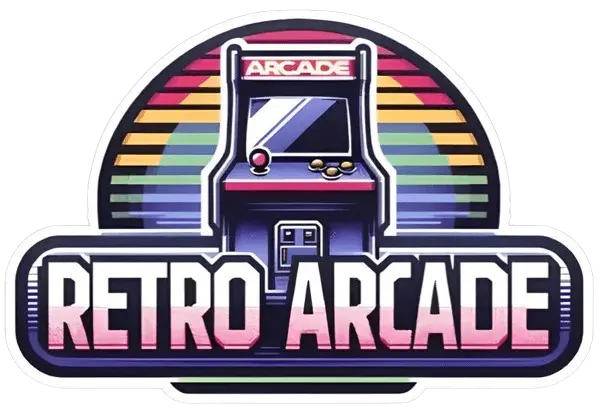


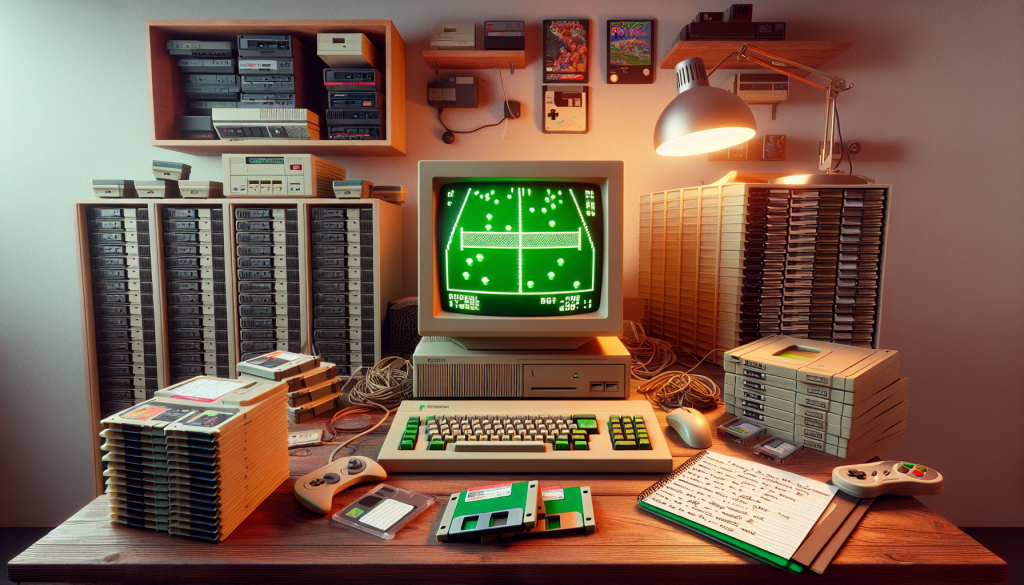
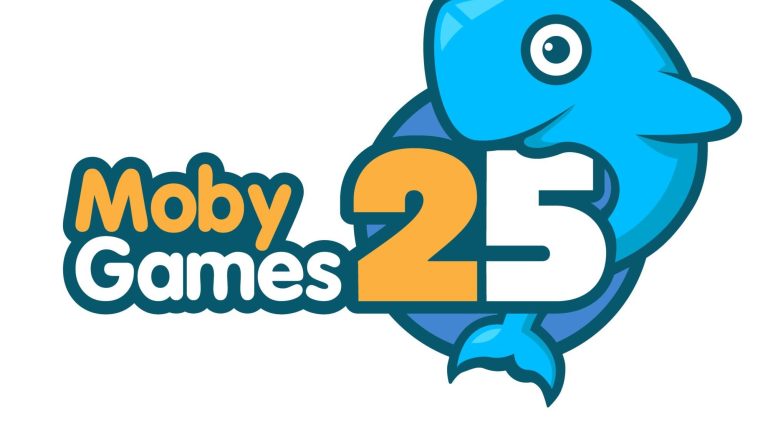
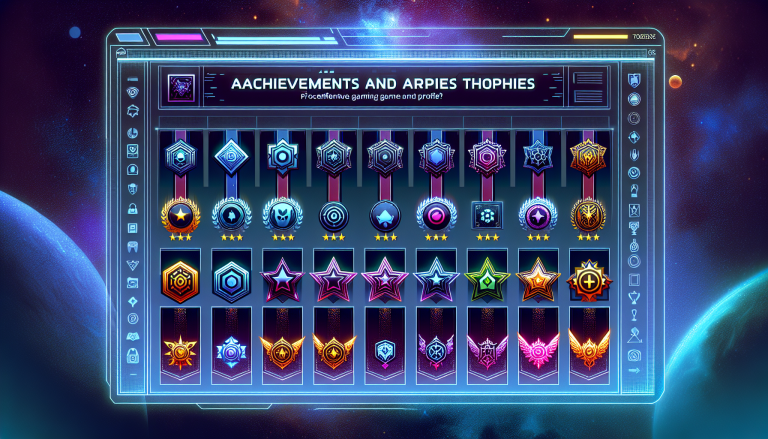



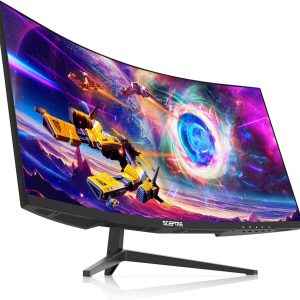
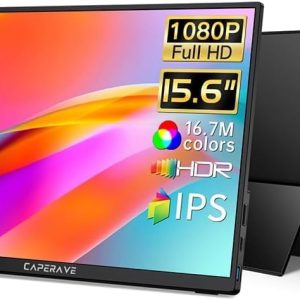

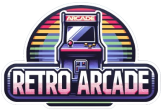
1 thought on “Legal Guide: Using Emulators for Retro Gaming”
Your article helped me a lot, is there any more related content? Thanks!